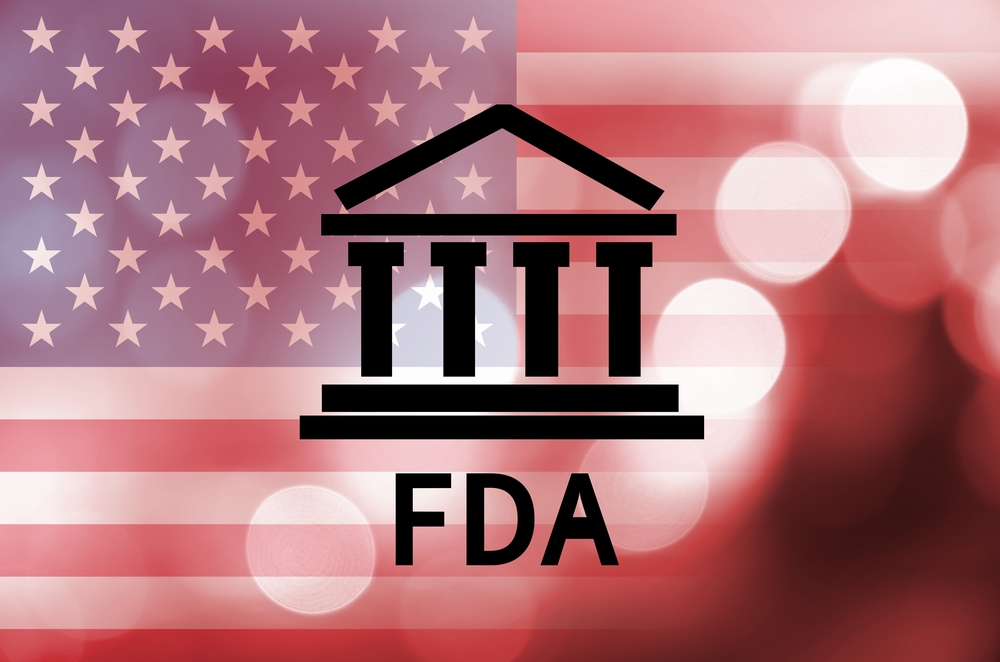Experimental IPF Therapy BBT-877 Gets FDA’s Orphan Drug Status
Written by |

Bridge Biotherapeutics’ investigational therapy candidate BBT-877 for idiopathic pulmonary fibrosis (IPF) has been awarded orphan drug designation by the U.S. Food and Drug Administration (FDA).
According to the company, BBT-877 is a best-in-class autotaxin (ATX) inhibitor, and a potential anti-inflammatory and anti-fibrotic treatment for IPF. Studies have shown that ATX levels are increased in the lungs of IPF patients, associated with increased fibrosis. ATX is an enzyme responsible for the generation of a lipid molecule, called lysophosphatidic acid (LPA), involved in inflammation and tissue scarring (fibrosis).
Orphan drug designation is given to promising therapeutic candidates for rare conditions in order to promote their development. The status provides benefits that help during the development process.
“Our team has been highly encouraged by the FDA orphan drug designation, which reflects huge unmet medical needs in IPF treatment worldwide,” Gwang-hee Lee, PhD, head of translational research at Bridge Biotherapeutics, said in a press release.
Originally discovered by LegoChem Biosciences, BBT-877 was exclusively licensed to Bridge Biotherapeutics for further development.
Connect with other patients and share tips on how to manage PF in our forums!
BBT-877 fared well in pre-clinical studies, with results presented last August at the 2nd Annual IPF Summit in San Francisco showing that BBT-877 treatment was able to alleviate lung fibrosis in mice.
The FDA recently approved the investigational new drug application for BBT-877, which lets Bridge Biotherapeutics conduct clinical trials with it in the United States.
A Phase 1 study testing the safety and tolerability of BBT-877 in healthy volunteers is planned. The study will also evaluate the movement of the therapeutic in the body (pharmacokinetics), and how it affects the body (pharmacodynamics).
The study will be conducted in two parts. The first part is called the single ascending dose phase, and will involve five groups of participants. Each group will receive a single increasing dose of BBT-877 based on the safety profile presented by the previous group. This helps monitor the pharmacokinetics of the therapeutic.
In the second multi ascending dose (MAD) phase, three groups will be included to receive multiple increasing doses of the therapeutic. The MAD phase assesses how the therapeutic accumulates and its impact on the body.
The company expects the study to be completed at the end of 2019.
“We will keep focused on the accelerated development process of BBT-877 to achieve significant milestones in the near term,” Lee said.





